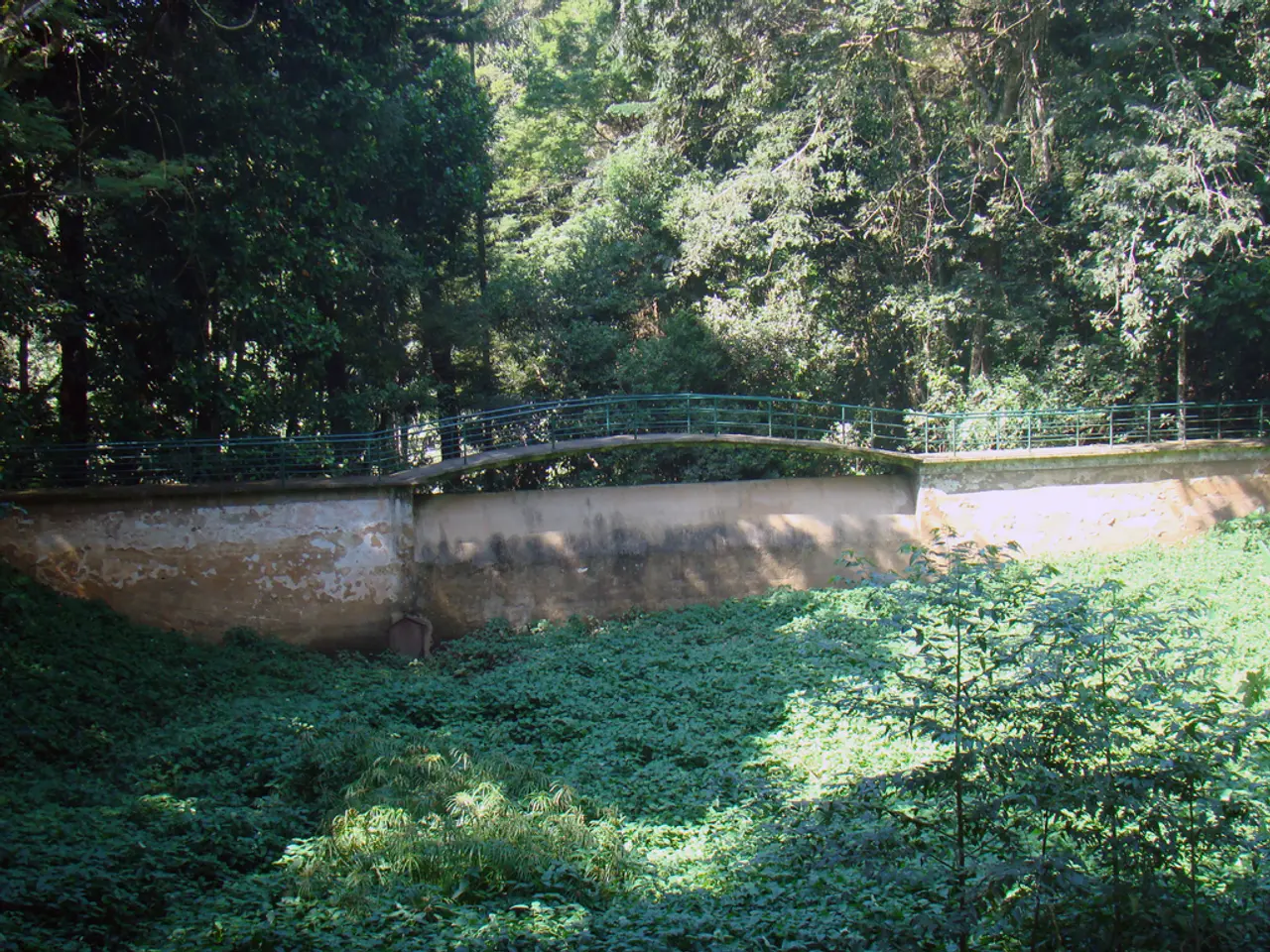Judge's Role Evolving: "Increasingly entrusted with resolving highly political conflicts"
In a significant development for democracy in France, the Constitutional Council has decided to strike down the key provision of the Duplomb law that would have allowed conditional use of certain neonicotinoid pesticides—specifically acetamiprid. This ruling underscores the importance of environmental protection as a fundamental democratic value.
The Council's decision has far-reaching implications. It strengthens the role of constitutional oversight, demonstrating judicial checks on legislative decisions that may jeopardize public health and biodiversity. The decision also reflects popular engagement and civic participation, as it followed a major public petition signed by over two million people.
The ruling balances contested interests, showcasing the functioning of democratic institutions in balancing economic interests with environmental protection and public health concerns. However, it has contributed to political tensions in a fractured parliament and a government navigating between farmers’ demands and environmental advocates.
The decision to censor acetamipride in the Duplomb law is consistent with the Council's previous decision on a similar tool in the Senate. The Council did not take a position on the substance of neonicotinoids. It's worth noting that the judge had other options besides censoring the neonicotinoid and validating the law's procedure.
The Constitutional Council's decision in 2020 to censor acetamipride set temporal conditions, leading to its current censorship. In the United States, dissenting opinions of judges opposed to the majority decision are published, but France does not follow this practice.
The Constitutional Council announced its decision on the Duplomb law on August 7, and President Macron’s decision to quickly promulgate the revised law without reopening parliamentary debate indicates executive responsiveness to constitutional rulings and public sentiment, but also political sensitivity regarding the contentious issue.
In summary, the Constitutional Council’s decision on the Duplomb law reinforces environmental rights as constitutional democratic rights in France, underlines the importance of judicial review to safeguard these rights, and exemplifies active public participation shaping policy in a democratic framework. It also reveals tensions between different democratic stakeholders—citizens, lawmakers, unions, and the executive—in negotiating environmental and agricultural policy.
[1] Constitutional Council of France, "Decision n° 2022-670 DC du 7 août 2022 portant sur la loi n° 2022-1755 du 28 décembre 2021 portant engagement national pour la transition écologique" [2] Le Monde, "Le Conseil constitutionnel censure la loi Duplomb sur les pesticides" [3] France Info, "Le Conseil constitutionnel censure la loi Duplomb sur les pesticides" [4] Le Figaro, "Le Conseil constitutionnel censure la loi Duplomb sur les pesticides" [5] Europe 1, "Le Conseil constitutionnel censure la loi Duplomb sur les pesticides"
The Constitutional Council's decision to censor acetamipride in the Duplomb law is a significant development in policy-and-legislation, demonstrating judicial checks on laws impacting public health and biodiversity. This ruling, in the context of politics, highlights the importance of constitutional oversight and the role it plays in maintaining the balance between economic interests, environmental protection, and public health concerns. The decision also underscores the impact of general-news and civic participation, as it followed a major public petition signed by over two million people.








